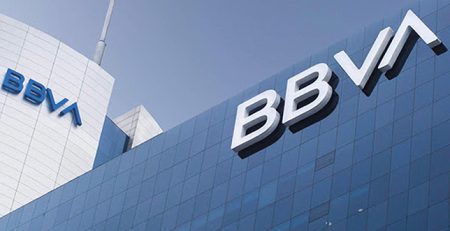Costco Wholesale Corporation: A Blueprint for Retail Success
Costco Wholesale Corporation: A Blueprint for Retail Success
Costco Wholesale Corporation has established itself as a global leader in the retail industry by delivering value through an exceptional membership-based model. The company operates a chain of membership-only warehouse clubs where consumers can purchase goods in bulk at discounted prices. With over 800 stores globally, Costco’s business model, supply chain efficiency, and focus on sustainability have set it apart from its competitors in the rapidly evolving retail landscape.
1. The Power of Membership: Building Loyalty
One of Costco’s standout strategies is its membership-based revenue model, where customers pay an annual fee to access Costco’s stores. This model not only creates a steady stream of income but also fosters deep customer loyalty. With over 65 million paid memberships, Costco’s member retention rate is a staggering 90%. The exclusivity that comes with membership, coupled with significant savings on high-quality products, has kept customers coming back year after year. Executive memberships, which offer additional perks, have been particularly successful in enhancing customer engagement.
2. Operational Efficiency and Supply Chain Mastery
Costco’s operational efficiency is critical to its ability to maintain low prices. The company uses a just-in-time inventory management system that minimizes storage costs while ensuring product availability. By purchasing products in bulk directly from manufacturers, Costco can reduce middlemen and pass those savings on to members. In-store, the no-frills warehouse-style layout minimizes operational costs, while the high turnover of goods ensures fresher products. This efficiency has helped Costco maintain its position as a low-cost leader in the retail space, offering its members unbeatable deals on a wide range of products.
3. Commitment to Sustainability and Corporate Responsibility
In recent years, Costco has made significant strides in sustainability. The company is reducing its carbon footprint through renewable energy investments, including the installation of solar panels on many of its warehouse rooftops. Furthermore, Costco is committed to ethical sourcing, particularly for products like seafood, palm oil, and coffee. By working closely with suppliers, Costco ensures that its goods meet both environmental and social sustainability standards. Corporate Social Responsibility (CSR) also plays a major role in Costco’s operations. The company supports numerous philanthropic initiatives and encourages employee volunteerism, reflecting a strong commitment to community engagement.
4. Kirkland Signature: The Private Label That Dominates
Costco’s in-house brand, Kirkland Signature, is a key driver of the company’s success. Offering everything from food products to clothing, electronics, and supplements, Kirkland Signature has become synonymous with quality and affordability. By producing its own private label, Costco cuts out brand middlemen and enhances profit margins while still delivering high-quality products to consumers. Kirkland Signature accounts for over 25% of Costco’s sales, making it one of the most successful private labels in the industry. The brand has fostered a strong sense of trust with consumers, who often prefer it over national brands.
5. E-commerce and Digital Integration
Although known for its in-store experience, Costco has successfully adapted to the digital era. In recent years, Costco has enhanced its e-commerce platform, offering an extensive range of products online, including grocery delivery services in partnership with third-party companies like Instacart. Costco has integrated digital tools that allow members to shop online and choose in-store pickup or delivery options. Despite being a traditionally brick-and-mortar retailer, Costco’s digital growth has been rapid, particularly after the pandemic shifted consumer behavior toward online shopping. Its click-and-collect service has been popular in many regions, particularly in urban markets.
6. Global Expansion: A Path of Growth
Costco’s success isn’t limited to the United States. The company has made significant headway in global markets, including Canada, the UK, Japan, and China. Its store in Shanghai, China, for instance, became an instant success upon opening, demonstrating the potential for Costco’s bulk-buying model to thrive in international markets. In each region, Costco has carefully curated its product mix to align with local consumer preferences. This attention to market-specific needs has helped the company gain a foothold in competitive international retail environments.
Conclusion
Costco’s impressive growth trajectory is a testament to its well-executed strategies. Through its membership model, supply chain efficiency, sustainability initiatives, and global expansion, Costco continues to set the standard for the future of retail. As it further integrates digital tools and expands globally, Costco remains a dominant force in the industry, providing members with unbeatable value.









Leave a Reply